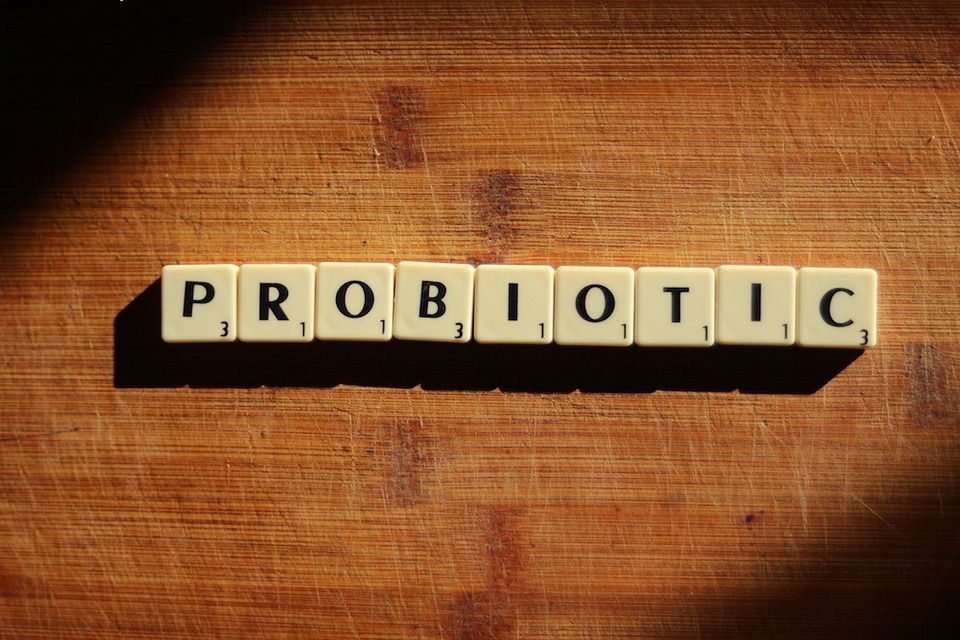Cancer is a devastating disease that affects millions of people worldwide. While traditional treatments such as chemotherapy and radiation can be effective in fighting cancer, emerging research suggests that probiotics may also play a role in cancer prevention. Probiotics can help to strengthen the immune system, reduce inflammation, and improve gut health, all of which can contribute to a lower risk of developing cancer. In this blog, we’ll explore the potential of probiotics in cancer prevention and what the research says.
Understanding Cancer
Cancer is a disease that occurs when abnormal cells in the body grow and divide uncontrollably, forming a mass or tumor. There are many different types of cancer, each with its own risk factors and treatment options.
How Probiotics Can Help
Probiotics can provide numerous benefits for overall health, including reducing inflammation, improving gut health, and strengthening the immune system. Here are a few of the ways that probiotics may help to prevent cancer:
Reducing Inflammation
Probiotics can help to reduce inflammation in the body, which is a key factor in the development of cancer. Chronic inflammation can contribute to DNA damage and mutations that can lead to the development of cancer.
Improving Gut Health
Probiotics can help to improve gut health by promoting the growth of beneficial bacteria in the gut. A healthy gut microbiome can contribute to a stronger immune system, which can help to prevent cancer.
Strengthening the Immune System
Probiotics can help to strengthen the immune system by promoting the growth of beneficial bacteria in the gut. A stronger immune system can help to identify and destroy cancer cells before they have a chance to grow and divide.
The Best Probiotics for Cancer Prevention
Not all probiotics are created equal when it comes to cancer prevention. Here are a few of the best probiotics for promoting a healthy gut microbiome and reducing the risk of cancer:
Lactobacillus acidophilus
Lactobacillus acidophilus is a probiotic that can help to improve gut health and reduce inflammation, making it an effective supplement for cancer prevention.
Bifidobacterium bifidum
Bifidobacterium bifidum is a probiotic that can help to improve gut function, reduce inflammation, and strengthen the immune system, making it an effective supplement for cancer prevention.
Streptococcus thermophilus
Streptococcus thermophilus is a probiotic that can help to improve gut health and reduce inflammation, making it an effective supplement for cancer prevention.
Tips for Incorporating Probiotics into Your Diet
Here are a few tips for incorporating probiotics into your diet to support cancer prevention:
Eat Probiotic-Rich Foods
Probiotic-rich foods are an excellent source of beneficial bacteria. Some of the best options include yogurt, kefir, sauerkraut, kimchi, and kombucha.
Take a Probiotic Supplement
If you’re unable to get enough probiotics from your diet, consider taking a probiotic supplement. There are many different types of probiotic supplements available, so be sure to choose one that’s right for you.
Combine Probiotics with Prebiotics
Prebiotics are a type of fiber that feed the beneficial bacteria in the gut. Combining probiotics with prebiotics can help to promote the growth of beneficial bacteria and improve overall gut health.
Conclusion
Cancer is a devastating disease that affects millions of people worldwide. While traditional treatments such as chemotherapy and radiation can be effective in fighting cancer, emerging research suggests that probiotics may also play a role in cancer prevention. By incorporating probiotics into your diet, you can support a healthy gut microbiome, reduce inflammation, and strengthen the immune system, all of which can contribute to a lower risk of developing cancer. It’s important to choose an appropriate probiotic supplement or probiotic-rich food that contains the specific strains of bacteria that have been shown to provide cancer prevention benefits. By working with a healthcare professional or registered dietitian, you can develop a probiotic plan that’s tailored to your individual needs and goals.







